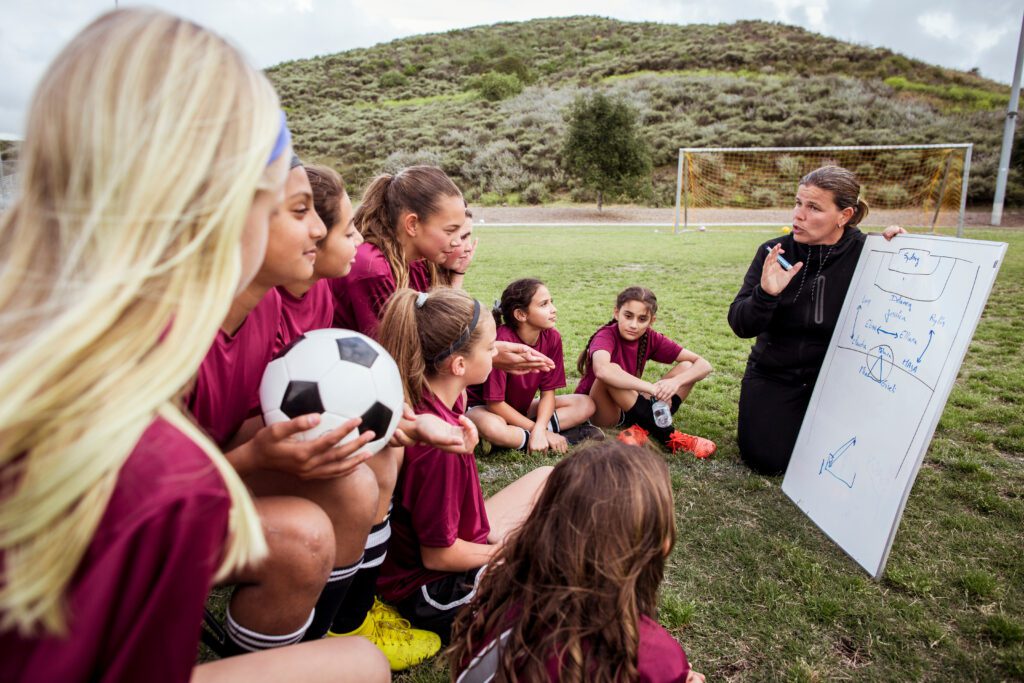Supporting well-being after retirement from elite hockey
A recent scoping review found that retired hockey players report depressive symptoms at nearly twice the rate of active players, and higher than the general population, due to loss of athletic identity and reduced social support. These findings highlight the need for proactive transition planning and targeted mental health supports post-career.
Training, stress and injury risk in student-athletes
A recent Canadian study shows that training load isn’t the only factor influencing injury risk in university athletes. Stress from school, relationships, and mental health also play a big role. A more balanced, whole-person approach to training can help sport leaders better support athlete well-being and prevent injuries.
Spotting the hidden signs of burnout
New research found that athletes who feel like they’re not making progress or no longer value their sport are more likely to underperform—regardless of whether they are physically exhausted. These warning signs of burnout highlight the need for coaches and sport leaders to check in on athletes’ motivation, not just their physical load.
Monitoring Athletes’ Mental Fatigue
Athletes are susceptible to mental fatigue, which can negatively impact both their physical performance and technical skills. Researchers found that mental fatigue in athletes varied significantly during the pre-season and decreased as competition neared. Which means, monitoring athletes’ mental fatigue could help practitioners better tailor recovery strategies — especially during the pre-season.
Who is Coaching Who: The Emotional Intelligence Playbook

You run a high-energy drill. You repeat an instruction, again. You urge the team to reset and refocus but nothing’s clicking. You’re left wondering: Why aren’t they getting it? These moments are invitations to pause and reflect on how you’re connecting. Beneath the surface of performance lies a deeper influence on sport outcomes: Emotional Intelligence…
Athlete mental health challenges are gender specific
According to a recent study, female and male athletes experience distinct mental health challenges. Female athletes more frequently report anxiety, depression and disordered eating, while male athletes are more likely to struggle with alcohol, drugs and gambling. Tailored strategies are essential to effectively support female and male athletes.
Promoting mental health help-seeking in athletes
Seeking help for mental health can be difficult for athletes, and researchers are trying to understand why. According to one study, challenges that many athletes face include limited access to mental health support and fear of judgement from others when seeking help. Having role models and teams that promote mental health can play an important…
How parents can help their child cope with getting “cut”
Deselection, or being “cut” from a team, can be tough for young competitive athletes. Parents can help their child cope with being cut from a team by being positive and using the “console first, talk later” rule. Allow your child time to process their emotions for 24 to 48 hours before talking to them about…
Pain relief medication in elite athletes
An alarming number of elite athletes rely on pain relief medication to compete through injuries or enhance performance. Despite some caution about side effects, self-administration is common and can be influenced by coaches and medical staff.
Supporting racialized student athletes
Racialized student athletes may experience higher levels of poor mental health. A recent consensus seeking process undertaken among NCAA student athletes, educators, administrators, and health professionals identified 42 strategies for higher education institutions to address the mental health needs of racialized student athletes. Examples include having clear pathways to report discrimination, having diversity in sports…